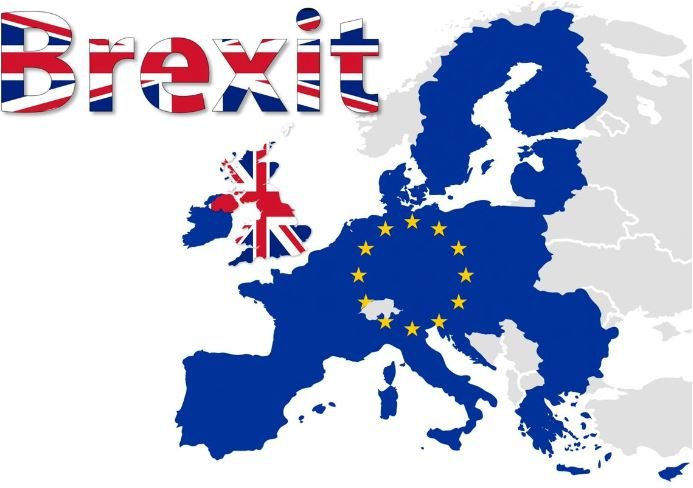BAR Funds Cannot Go Back to Brussels

With the current deadline for allocation of funding from the Brexit Adjustment Reserve (BAR) fast approaching, IFA President Tim Cullinan said the Government has to take the necessary steps to ensure all the funding is utilised.
“To date, the Government has failed to put in any level of significant funding from BAR into Irish agriculture. We estimate only 5% of total funding has been allocated to farmers. This is very difficult to understand, as agriculture is, by a distance, the sector most heavily exposed to Brexit.”
All BAR funding must be spent by the end of 2023, with any unspent funds returning to EU coffers. Given the tight timeframe, the Government needs to act now to allocate more funding directly to farmers or else seek an extension to the deadline from the European Commission.
“As I outlined to Minister McConologue last week, the full implications of Brexit are only now coming into play. The recent UK/Australia, which only commenced in May, has the capacity to cause havoc to Irish beef and sheep exports.”
IFA estimates that the Australian and New Zealand trade deals have the capacity to displace up to €300m of Irish beef exports to the UK in 2024, while almost €75m of lamb exports are at risk. These figures will continue to grow as Australia and New Zealand’s tariff-free quotas increase in the coming years.
In the first month alone, it is estimated that Australian steak cut exports to the UK were running at 25% of Irish export levels. This is effectively from a standing start and illustrates the scale of the challenge Australian beef will pose to the Irish beef sector.
He said beef and sheep farmers have faced further price cuts this week, compounding the income challenges on farms with weak markets attributed to the displacement of our beef and lamb in the UK market.
Losses from the market for the first half of the year alone have reached over €100m on beef farms and over €10m on sheep farms. This is not sustainable in these vulnerable sectors and must be addressed by direct supports to suckler, beef and sheep farmers.
“It is imperative that Irish agriculture gets its fair share of BAR funding so these critical indigenous sectors are supported. We need to see more funding allocated to farming as a priority to ensure these funds do not return to Europe unused,” concluded Mr Cullinan.



